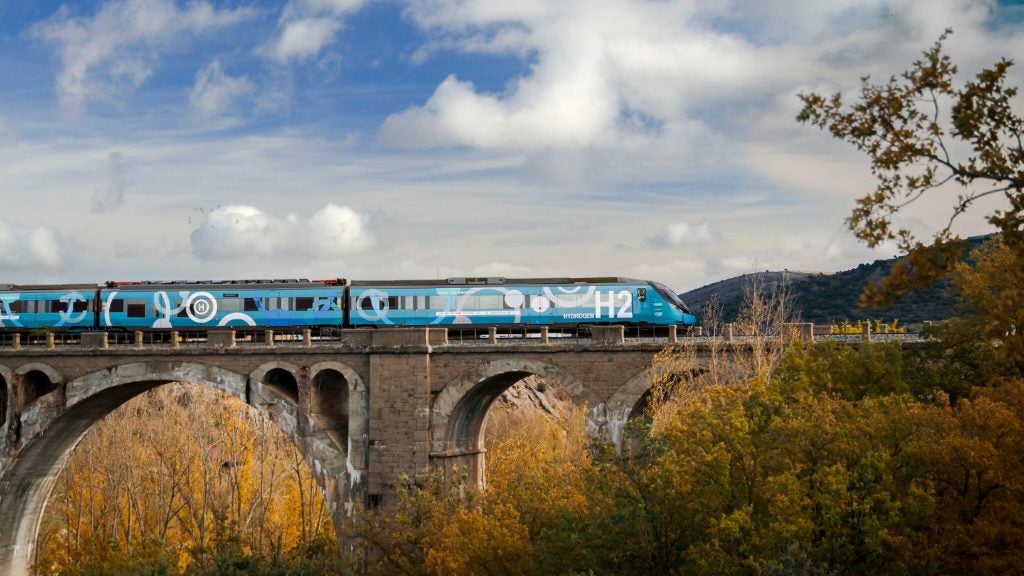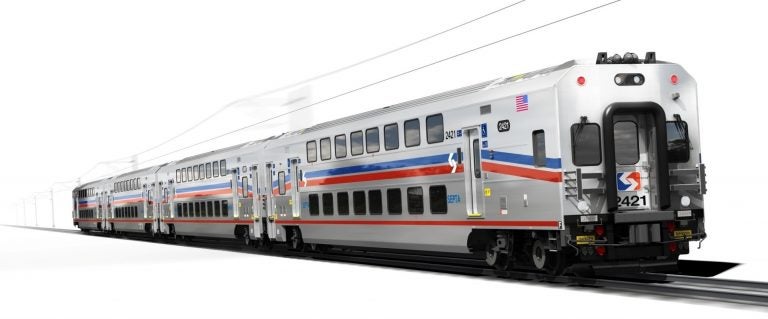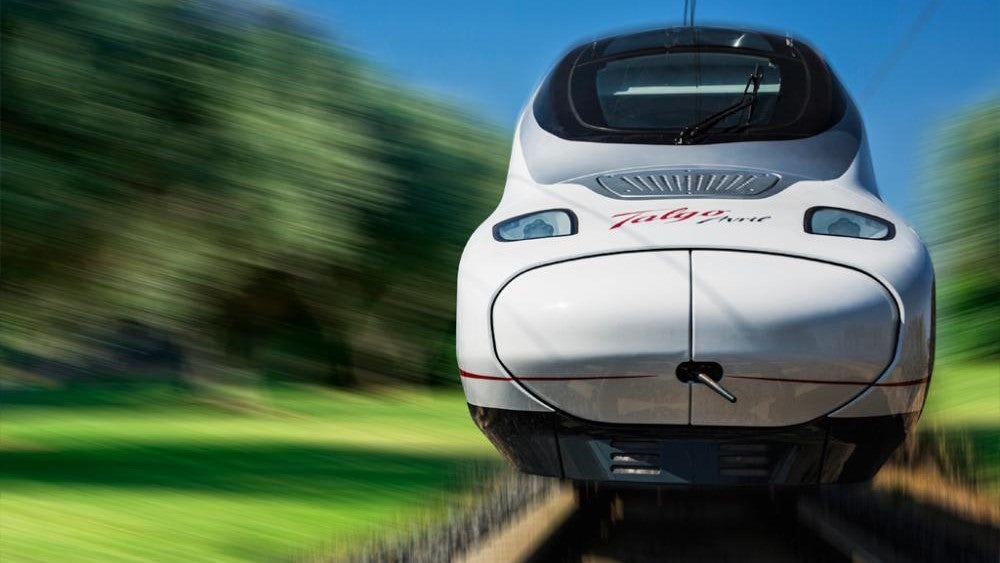Hexagon Purus has received a contract to deliver composite high-pressure cylinders for the US’ first hydrogen-powered train system.
The company signed the contract with Swiss rolling stock manufacturer Stadler Rail to develop a new cylinder and tank system. The system will be approved in the US.
As agreed, the storage system is scheduled to be delivered in the fourth quarter of next year.
The company was also notably associated with the rollout of the world’s first hydrogen-powered commuter train in 2018.
Hexagon Purus executive vice-president Michael Kleschinski said: “In the midst of the climate crisis, the demand for solutions that help reduce emissions across transport industries is growing rapidly.
“Hydrogen-powered trains are a smart solution to reduce local emissions without incurring the high cost of electrifying the tracks.
How well do you really know your competitors?
Access the most comprehensive Company Profiles on the market, powered by GlobalData. Save hours of research. Gain competitive edge.

Thank you!
Your download email will arrive shortly
Not ready to buy yet? Download a free sample
We are confident about the unique quality of our Company Profiles. However, we want you to make the most beneficial decision for your business, so we offer a free sample that you can download by submitting the below form
By GlobalData“We are pleased to help with the further development of the infrastructure need for this groundbreaking move in public transit.”
Several train operators around the world are planning or have started to introduce hydrogen-powered trains as an eco-friendly alternative to diesel vehicles.
Last year, the San Bernardino County Transportation Authority (SBCTA) in the US contracted Stadler to deliver hydrogen-powered passenger train.
The company will supply one FLIRT H2 type train that will be capable of operating at a maximum speed of 130km/h.
The train will be developed and tested in Switzerland and other European locations, following which, it will be transported to the US.
It is expected to be introduced in 2024.






